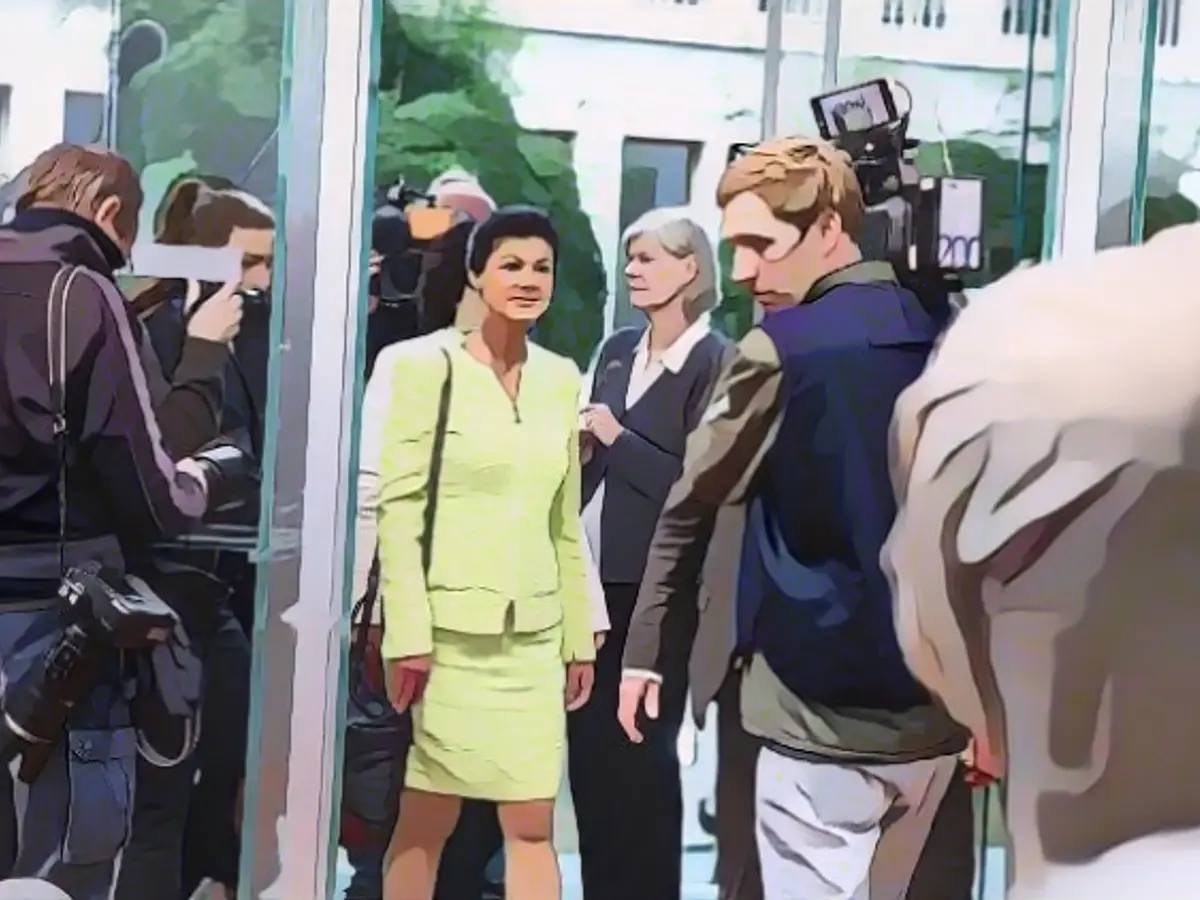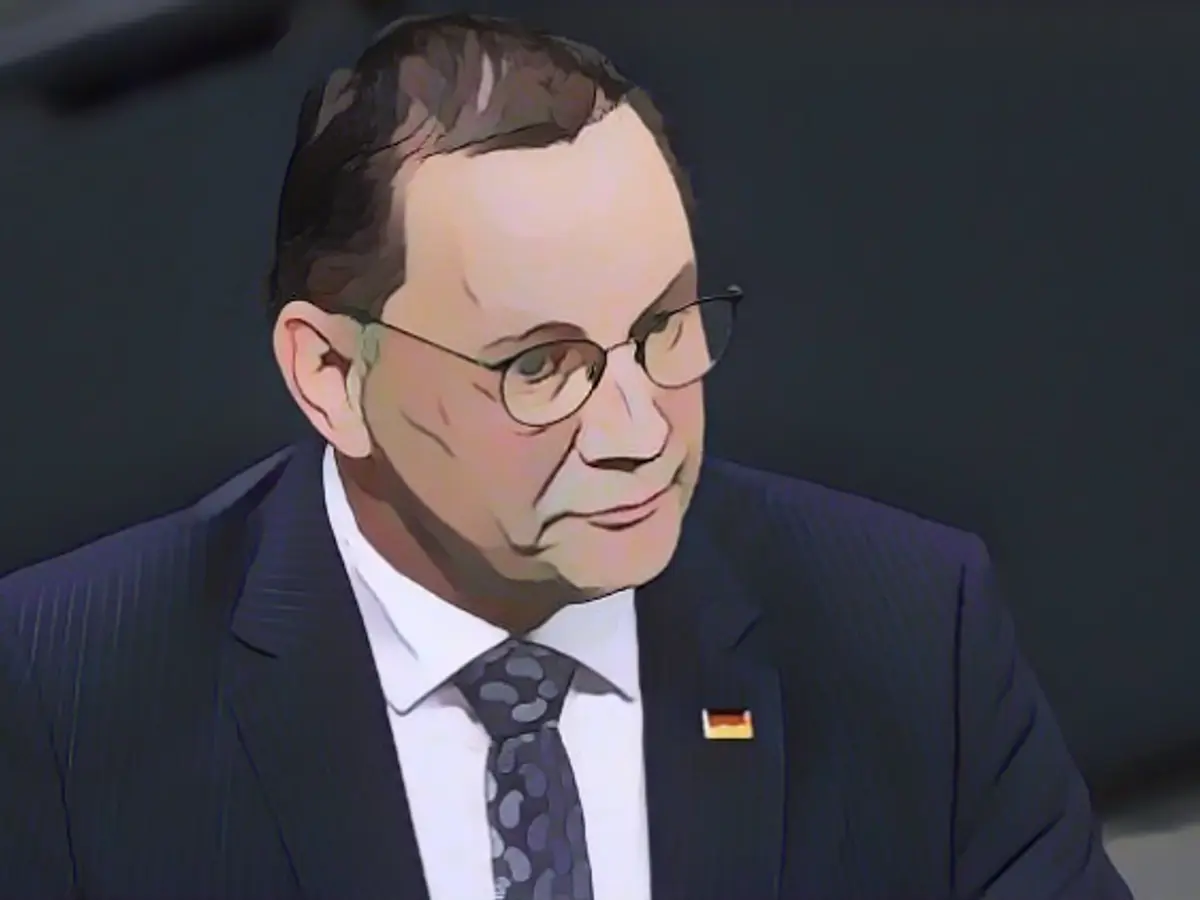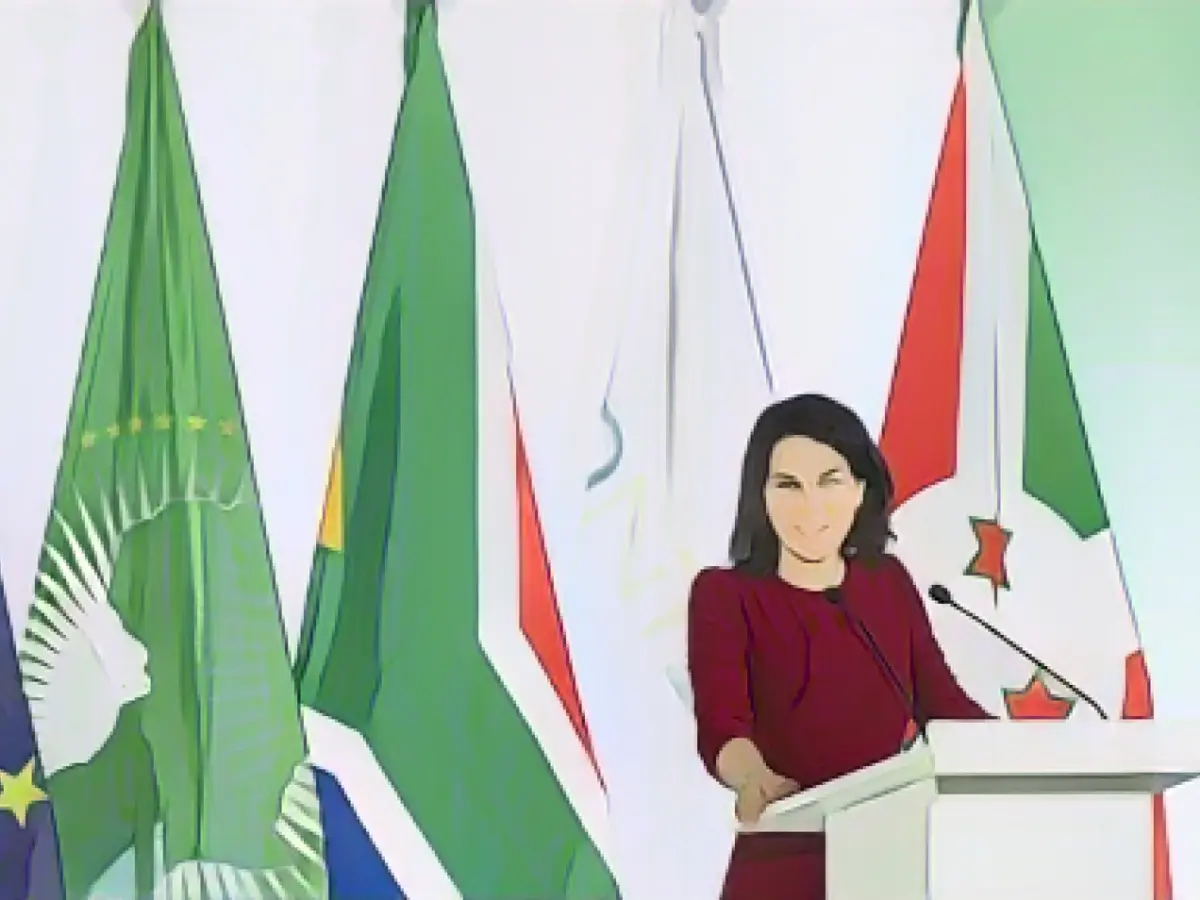The Left Party's Struggle Amidst Wagenknecht's Exit
Recent Polls and Party Changes
Last week, the Left Party parliamentary group in the Bundestag disbanded, causing a significant drop in the party's popularity. The trend barometer now shows that only 3% of Germans would vote for the Left Party without Sahra Wagenknecht, its former leader. This fall in support led to a slight improvement in the SPD, who received one percentage point more in the current trend barometer, reaching 15%.
The popularity of the "Ampel" party—a potential coalition between the SPD, Greens, and FDP—remains weak, with a combined support of 34%, far from the necessary percentage for a governing majority. The remaining parties, including the CDU/CSU, AfD, and Greens, maintain their ratings. If elections were held this week, the leading parties would receive the following results: CDU/CSU (30%), AfD (21%), SPD (15%), Greens (14%), FDP (5%), Left (3%), and Free Voters (3%). The portion of non-voters and undecided voters accounts for 26%, a higher proportion than the 2021 Bundestag election.
Middle East Conflict and Government Policies
The Middle East conflict remains the most pressing issue for 62% of Germans, although interest in the topic has fallen slightly. The war between Hamas terrorists and Israel has coincided with a significant increase in the perception of German government policies as being very relevant. Since the landmark ruling by the Federal Constitutional Court, which overturned the climate transformation fund as a primary source of funding for climate protection measures, 24% of the population have deemed government policies as vitally important. The war in Ukraine also remains an important issue for 36% of Germans, while the economic situation and immigration remains significant concerns for 22% and 16% of the population, respectively.
Preferred Chancellor Candidates
The trend barometer indicates that CDU leader Friedrich Merz has lost support slightly, while Green Minister for Economic Affairs Robert Habeck has maintained his increased approval rating. In a comparison between Scholz (SPD), Merz, and Habeck, 19% would opt for Scholz, while Merz receives 21% and Habeck gains 18% support. The scenario becomes slightly different if Foreign Minister Annalena Baerbock replaces Habeck, resulting in Scholz receiving 19%—three points less than before—while Merz drops to 21% and Baerbock falls to 16%.
Political Competence Perception
According to the trend barometer, the CDU/CSU, AfD, and SPD are perceived as equally capable of addressing Germany's issues. However, the SPD tends to be viewed as more competent than the AfD. The Greens are considered less competent, and the FDP scores the lowest in this regard, with only 1% of Germans believing them to be the best choice for problem-solving.
Enrichment Data
Following Wagenknecht's departure and the Left Party's parliamentary group dissolution, polls suggest the following trends for German political parties:
- Christian Democratic Union (CDU): Expected to win the largest number of seats but unable to form a government alone. Potential partners include the SPD, Green Party, or the AfD.
- Social Democratic Party (SPD): Projected to receive significantly fewer votes, around 15%, resulting in a 10-point drop from their 2021 federal election performance.
- Alternative for Germany (AfD): Likely to secure 142 seats, making them the second-largest party. The CDU may choose not to collaborate with the AfD, but they could potentially form a coalition if needed.
- Alliance 90/The Greens: Currently at 14% in the polls, having experienced some loss in support.
- Left Party (Die Linke): Expected to enter the Bundestag with around 5% of the vote, despite recent challenges, including Wagenknecht's departure and the formation of the Sahra Wagenknecht Alliance.
- Sahra Wagenknecht Alliance (BSW): The new populist party is losing support and is unlikely to garner the required 5% support for representation in the Bundestag.
- Free Democratic Party (FDP): Almost certain to fail to garner the 5% necessary to secure representation in the Bundestag.
This political landscape presents a complex situation where the CDU remains the dominant party, but coalition discussions will be crucial to achieve a governing majority. The SPD faces significant electoral challenges, while the AfD's representation is likely to impact potential coalition options.








